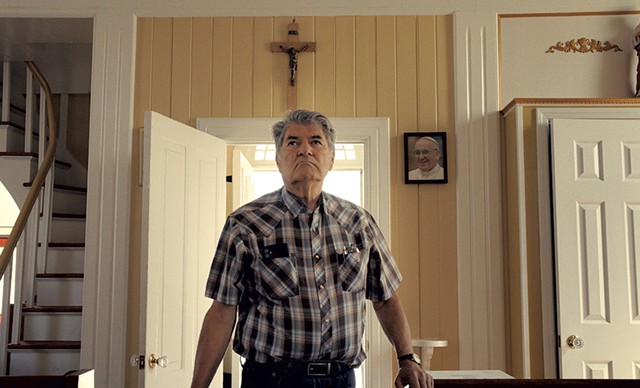
- Courtesy of National Geographic
- Residential school survivor Rick Gilbert prepares for a trip to see the Pope in this searing documentary.
The headline of last week's cover story put local cinephiles on notice: "Amid a Volatile Industry, Burlington May Lose Its Only Cinema." That's a reference to Merrill's Roxy Cinemas, which is also Chittenden County's only commercial theater regularly screening art-house or "specialty" films. While central Vermonters have the Savoy Theater, and the Northeast Kingdom has Catamount Arts, Burlingtonians may soon be out of luck when it come to indies on the big screen — unless they catch them at Vermont International Film Foundation.
VTIFF hosts monthly Burlington screenings of indie and foreign films, including documentaries. Case in point: Sugarcane, which will screen on Wednesday, September 4, 7 p.m., at Main Street Landing Film House. Directors Julian Brave NoiseCat and Emily Kassie won an award at the 2024 Sundance Film Festival for their harrowing investigation into the legacy of one of Canada's Indian residential schools.
The deal
In 2021, the discovery of more than 200 likely grave sites at a former school in Kamloops, British Columbia, brought fresh attention to the atrocities of Canada's residential school system. Over more than a century, about 150,000 Indigenous children were separated from their families and sent to church-run boarding schools whose mission was to convert and assimilate them. Some ended up in unmarked graves. In 2015, the Truth and Reconciliation Commission of Canada declared the entire system "cultural genocide."
In the wake of the Kamloops discovery, journalist Kassie contacted NoiseCat, her former colleague at the Huffington Post, and invited him to collaborate on a documentary about another residential school, St. Joseph's Mission in Williams Lake, B.C. In press notes for the film, NoiseCat describes being stunned when he heard the name of the school. "My family was sent there," he recalled telling Kassie, "and it is where my father was born ... and abandoned."
NoiseCat himself became a character in the resulting National Geographic documentary, which follows the Williams Lake First Nation's investigation of St. Joseph's while also delving into the codirector's relationship with his father. Ed Archie NoiseCat was born to a St. Joseph's student in 1959 and "thrown away," in his words — which turn out to be chillingly apt. Over the course of the film, we learn that this was no isolated incident at St. Joseph's.
Will you like it?
Like many modern documentaries, Sugarcane is immersive. No narrator or talking head interviewees interrupt our view of life in the Sugarcane Reserve, as the Williams Lake Indian Reserve is commonly known. Even on-screen text is kept to a minimum. We piece the bigger picture together as we watch, much as NoiseCat pieces together the story of his family's trauma.
While NoiseCat interviews relatives and other witnesses, Sugarcane's Chief Willie Sellars and an investigative team comb the environs of the school with ground-penetrating radar, looking for evidence. Meanwhile, in a third narrative strand, former chief and Sugarcane elder Rick Gilbert prepares for a trip to the Vatican, where Pope Francis will meet with survivors as part of a formal apology for the role of the Catholic Church in running residential schools.
Gilbert died in late 2023, while the film was in edits. He's a powerful presence in Sugarcane, not least because of his complex relationship with the church: He remained a devout Catholic despite his own experiences of abuse at St. Joseph's.
Codirector Kassie lived with Gilbert and his wife for two weeks, according to press notes, and the crew followed him to Rome, where we watch him tell his story to a church official. The result is an intimate portrait of a man who's all the more eloquent for not being a talker or showboater. A shot of Gilbert in Sugarcane's church — dwarfed by the symbols of his faith, resting a muscular arm on a pew — speaks volumes about endurance.
Yet the Catholic Church can't offer him the closure he seeks. Back from his trip, Gilbert laments that "We've heard apologies, but still nothing has happened really."
Equally raw and poignant are the NoiseCat family conversations we witness. When Julian describes Ed as having "abandoned" him, it's no idle accusation: The theme of abandonment resonates through their family history. When Julian's grandmother says, "I don't want to talk about it," we grasp why the refusal is necessary to her survival.
Dark as the subject matter is, Sugarcane is also a beautiful film, with space for moments of grace and good fellowship. Director of photography Christopher LaMarca captures the sweeping beauty of the landscape, and Odanak musician Mali Obomsawin's score is tender and brutal by turns.
Plenty of information is out there for viewers seeking a comprehensive view of the residential school system (see sidebar for a few more films). But the specificity of Sugarcane is what makes it so compelling. Lingering over rituals, celebrations and daily life on the reserve, the documentary bears witness to institutionalized brutality — but also to Indigenous resilience and survival.
If you like this, try...
We Were Children (2012; Kanopy, Prime Video, Tubi, rentable): This docudrama combines the recollections of two residential school survivors with dramatic re-creations of their experiences.
We Can't Make the Same Mistake Twice (2016; YouTube, rentable): Director Alanis Obomsawin traces long-term, systemic injustices in Canada's treatment of First Nations children in this documentary centered on a historic court case.
"Unseen Tears" (2009; Vimeo, YouTube, rentable): The U.S. had residential schools, too. Ron Douglas' short documentary explores their legacy in western New York through interviews with survivors of the Thomas Indian School and Mohawk Institute.

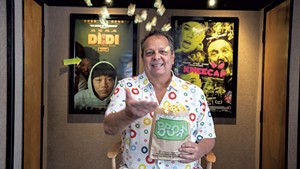





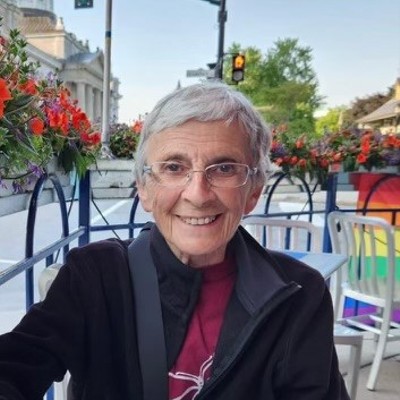
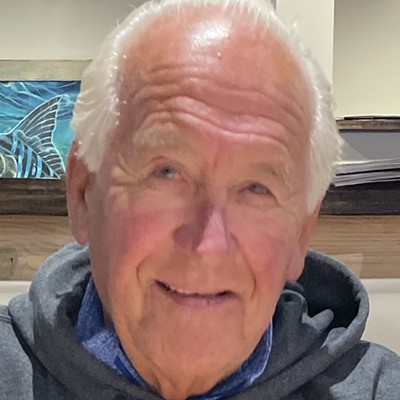
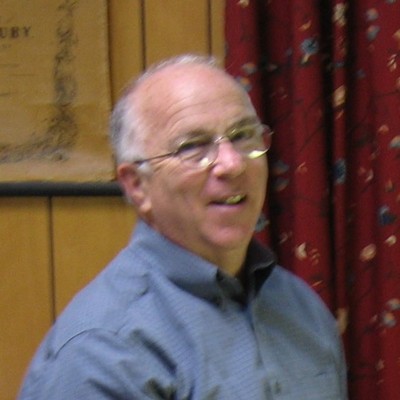

Comments
Comments are closed.
From 2014-2020, Seven Days allowed readers to comment on all stories posted on our website. While we've appreciated the suggestions and insights, right now Seven Days is prioritizing our core mission — producing high-quality, responsible local journalism — over moderating online debates between readers.
To criticize, correct or praise our reporting, please send us a letter to the editor or send us a tip. We’ll check it out and report the results.
Online comments may return when we have better tech tools for managing them. Thanks for reading.